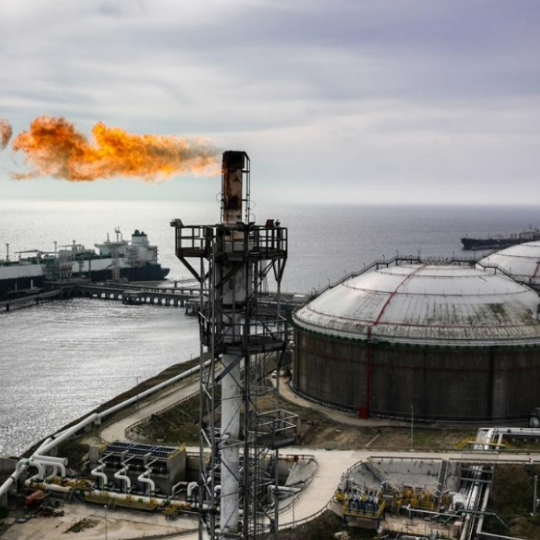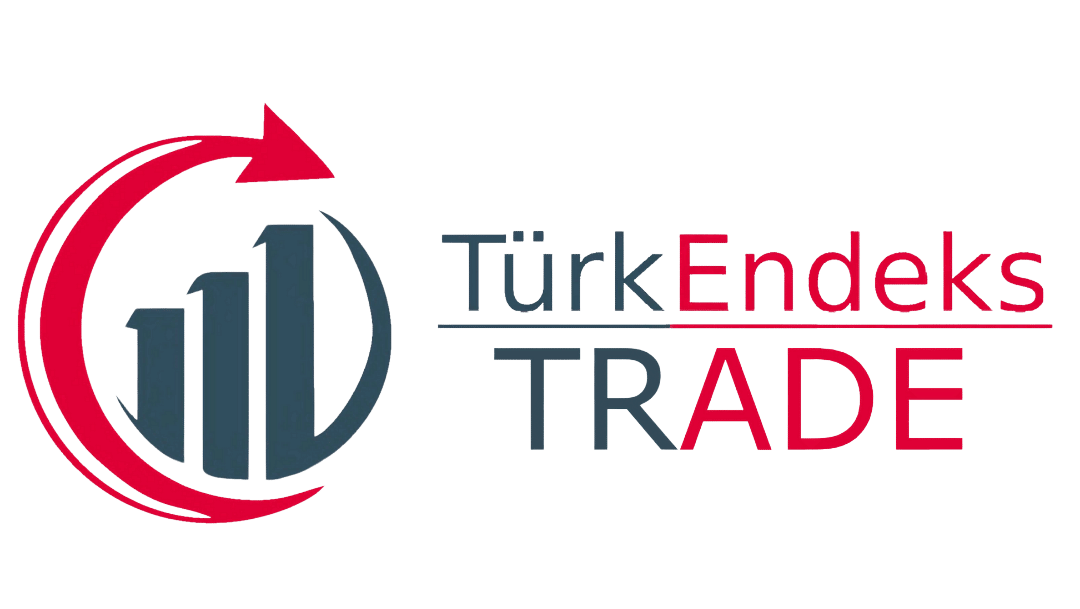Turkey can export LNG to Europe.
Yaşar Arslan, the President of the Natural Gas Distributors Association of Turkey, stated, 'With the amendment to the law, the goal is for Turkey to liquefy the natural gas it imports or produces domestically through discoveries and export it to other countries.
Turkey Natural Gas Distributors Association (GAZBİR) President Arslan made evaluations regarding the Draft Law Amending the Mining Law and Some Laws, which was accepted by the Turkish Grand National Assembly (TBMM) on May 2nd, containing regulations in the energy field.
Arslan emphasized the increasing importance of liquefied natural gas (LNG) trade in global markets, particularly among European Union (EU) countries, alongside pipeline gas, amidst the Russia-Ukraine crisis. He noted that 40% of Europe's annual demand for natural gas, which stands at around 450 billion cubic meters, is met by LNG.
Highlighting that the share of LNG was approximately 30-35% just 2-3 years ago, Arslan pointed out, "Especially countries such as Germany, the United Kingdom, and Italy, which are among the largest natural gas consumers in Europe, prioritize LNG facilities in their natural gas infrastructure investment plans. Additionally, Greece, which plans to transport natural gas to European countries both via pipeline and LNG, has noteworthy investments. It is targeted to increase Europe's LNG import capacity by 250 billion cubic meters and pipeline gas import capacity by 50 billion cubic meters in the coming years. This new capacity of around 300 billion cubic meters corresponds to more than half of the average annual demand of European countries."
While aiming to reduce dependency on Russian gas in Europe, Arslan pointed out the increasing share of U.S. LNG in total imports. He explained that EU countries paid 175 billion euros for LNG imports in the last 2 years, with 75 billion euros going to the U.S. and 25 billion euros to Russia.
Arslan stated that Turkey's natural gas imports are 30% LNG according to Energy Market Regulatory Authority (EPDK) reports, out of the 50.5 billion cubic meters imported last year.
Arslan continued, stating that in the last decade, the share of LNG in Turkey's natural gas imports increased from 15% to 30%, and they estimate that with potential LNG opportunities emerging from global LNG investments, this ratio could increase to 40%. He anticipates an appropriate ground for the renewal of existing pipeline gas agreements to ensure natural gas supply security with the expiration of Turkey's annual 36.15 billion cubic meters pipeline gas contract between 2025-2027. He also mentioned that new LNG contracts, especially with increased spot LNG infrastructure capacity, will enable Turkey to procure instant and inexpensive LNG sources.
Reminding that the Draft Law Amending the Mining Law and Some Laws was accepted by the TBMM General Assembly on May 2nd, Arslan underlined the addition of the term "liquefaction" to Law No. 4646 on the Natural Gas Market. With this definition, Arslan emphasized that the way is opened for Turkey to trade LNG with neighboring countries and European countries. He stated, "With the amendment, it is aimed for Turkey to liquefy the natural gas it imports or produced from discoveries and export it to countries."
Arslan emphasized that with the start of production at the Sakarya Natural Gas Field, Turkey increased its natural gas production capacity from 350-400 million cubic meters to 800-850 million cubic meters.
Arslan noted that Turkey exported 900 million cubic meters of natural gas last year, with Bulgaria being the most exported country with 370 million cubic meters.
Arslan emphasized that Turkey is at the center of the supply-demand bridge in natural gas, especially in quickly delivering excess natural gas production from Russia and Azerbaijan to importing countries. He concluded by saying, "In the coming years, I believe that Turkey can enhance trade opportunities with its neighbors, especially Eastern European countries, through its existing import contracts, increasing natural gas production capacity in exploration fields, and liquefying potential new discoveries in the Mediterranean and Black Sea."

